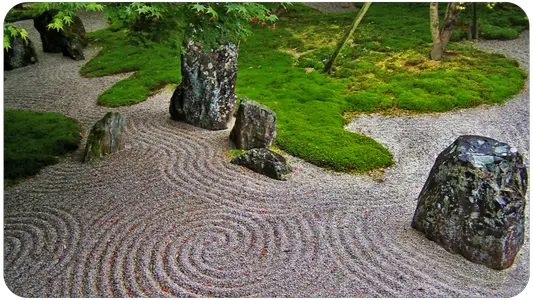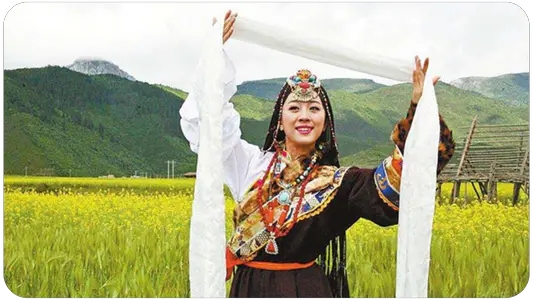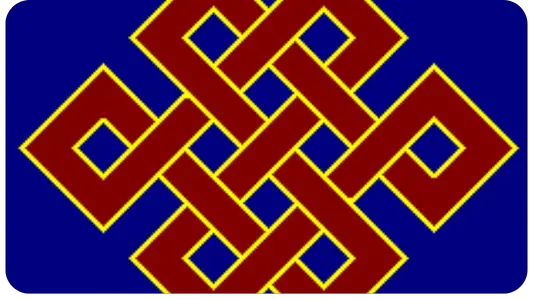Bhikkhu (Pali भिक्खु bhikkhu "beggar or one who begs alms"; Sanskrit भिक्षु bhikṣu "Bhikshu" in the feminine form Bhikkhuni) refers to Buddhist monks especially in those countries where Theravada Buddhism is prevalent (Sri Lanka, Myanmar, Thailand, Laos, and Cambodia).
At the time of the historical Buddha Siddhartha Gautama, this term was not yet limited to members of the Sangha, but was used to refer to all ascetic practitioners. Buddha himself called his first five disciples (Kondannya, Vappa, Bhaddiya, Mahanama and Assaji) bhikkhu even before he founded the order.
Bhikkhu lead a life according to the rules of Buddhist monasticism set forth in the Vinayapitaka. This commitment need not be a lifelong one. In many places, it is common for young men to enter a monastery for a period of time on the threshold of adulthood, sometimes earlier or later, to live as monks and study the Buddha's teachings, the Dharma.
Since bhikkus are allowed to have very few personal possessions (e.g., certain articles of clothing, an alms bowl), they depend on the support of the people for sustenance (Upāsaka), among other things.
However, the monks can only be compared to Western (Christian) mendicant orders to a limited extent. The morning alms round - the last meal must be taken before noon - is subject to strict rules.
For example, the monks are not allowed to draw attention to themselves by making noises, shouting or singing. They walk quietly and with concentration, accepting whatever people pour into the alms bowls.
Part of the ritual of collecting and giving alms is also that the monks do not thank for the gifts, but conversely the givers are grateful to be able to do a good work in this way and thus collect merit in terms of karma.





